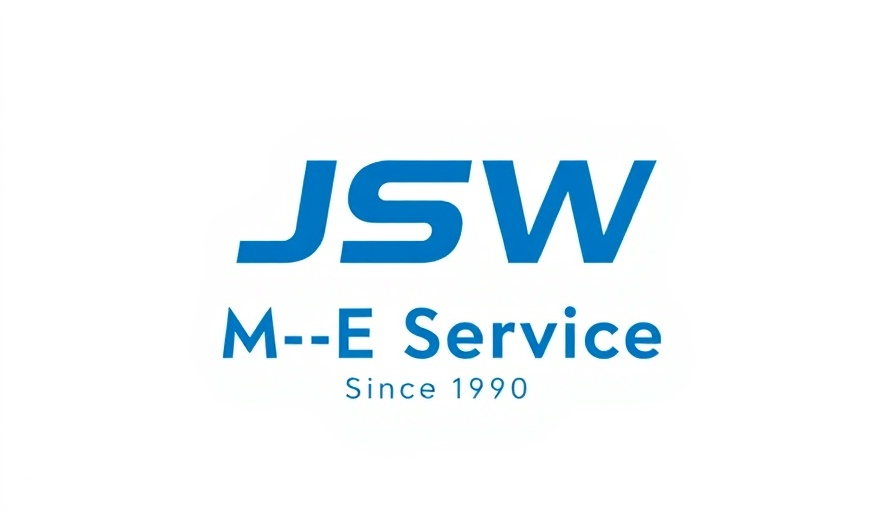
Navigating Uncertain Waters: The Struggles of J S Wright
J S Wright & Co, a notable mechanical and electrical (M&E) specialist, has recently filed notices of intention to appoint administrators due to ongoing financial struggles. This West Midlands-based company, which has been operational since 1890, employs around 160 staff across its offices in Birmingham, Bristol, and London. Known for its legacy of supplying water and heating solutions, the company has faced a turbulent journey in the modern economy.
Historical Context: A Legacy of Reliability
Founded during a time when industrialization was rapidly transforming the landscape of Birmingham, J S Wright provided essential services to the city’s Victorian population. Over the decades, it developed a reputation for quality and reliability in the construction sector. However, the company's recent switch to employee ownership in 2021 aimed to revitalize its operations but did not alleviate the financial pressures stemming from a volatile market.
The Impact of Financial Hardship
Data reveals a stark decline in J S Wright's fiscal health. Cash reserves plummeted from £9.9 million in 2021 to a disheartening £850,000 by April 2023. Concurrently, the pre-tax profits dropped dramatically from £3.1 million to just £0.5 million, while the company also reported a 10% slump in revenue to £46 million. This financial downturn is attributed largely to increasing operational costs and broader market delays, highlighting how external economic factors can critically affect even established businesses.
The Broader Industry Context
The struggles of J S Wright are symptomatic of wider trends within the construction industry, which has been grappling with rising input costs and project delays for several years. As inflation increases, many companies are forced to make tough decisions about their finances. The construction sector was once viewed as a strong and stable area of growth, but recent events suggest a shift towards greater volatility and risk within this field.
Unexpected Solutions: Loan Support
To make matters worse, J S Wright sought financial support from former shareholders who provided a £1.35 million loan, showing the challenging landscape that this historical firm faces. The bank that assisted with the transition to employee ownership also offered a reprieve by agreeing to a holiday on loan repayments until May 2025. These emergency measures highlight not only the company’s precarious position but also reflect a proactive approach to addressing solvency issues.
Lessons for the Industry: Why Staying Vigilant Matters
For stakeholders in the construction and M&E sectors, the plight of J S Wright serves as a cautionary tale. Regular monitoring of financial health is paramount, as demonstrated by the efforts of Red Flag Alert, which tracks high court construction insolvency applications. Their early warning system empowers companies to make informed decisions to avoid unfortunate financial outcomes, illustrating the importance of vigilance in business operations.
The Future: What Lies Ahead for J S Wright?
The path forward for J S Wright remains uncertain. As the company navigates the administrative process, it presents an opportunity for both reflection and renewal. Will it emerge from these challenges to restore its past prominence within the industry, or will these financial woes mark the conclusion of its storied legacy? The outcome remains to be seen, but the case of J S Wright serves as a crucial reminder of the unpredictable nature of the markets and the need for strategic financial management.
 Add Row
Add Row  Add
Add 




Write A Comment